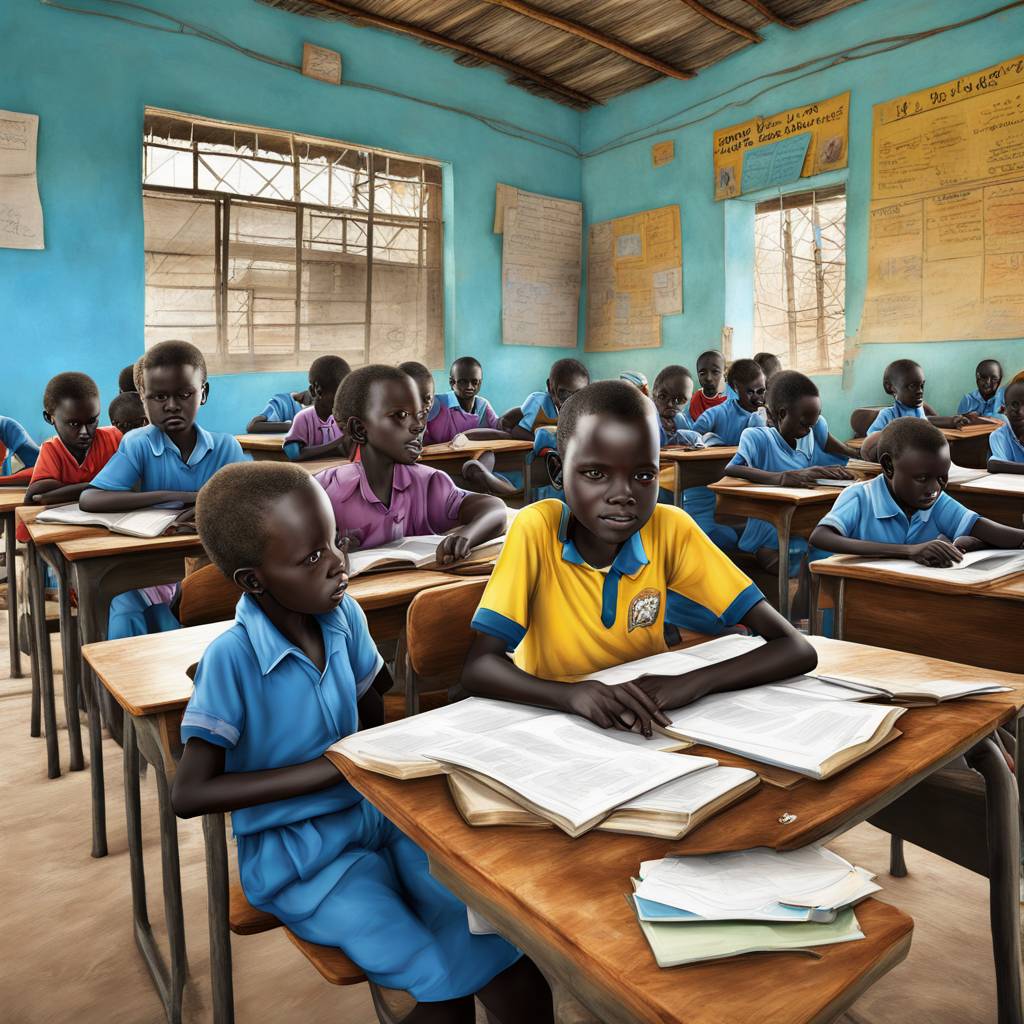South Sudan’s government announced that schools would be reopening next week after a two-week closure due to extreme heat across the country. The health and education ministries stated that temperatures were expected to decrease as the rainy season approached. The government urged teachers to minimize outdoor activities, ventilate classrooms, provide water, and monitor children for signs of heat exhaustion and heatstroke. The country has been grappling with adverse effects of climate change, including extreme heat, flooding, and drought in recent years.
Last week, South Sudan experienced a heatwave with temperatures reaching up to 113 degrees Fahrenheit. Health Minister Yolanda Awel Deng identified Northern Bahr El-Ghazel, Warrap, Unity, and Upper Nile states as the most affected areas. Despite the heatwave, higher learning institutions have remained open, while some schools in rural areas have continued to operate despite warnings from the education ministry.
Residents in the Portland area commemorated the victims of the deadly 2021 heatwave by planting trees as a way to address the impacts of climate change. South Sudan has been experiencing extreme weather patterns, which have led to heatwaves, flooding, and drought. The government’s decision to reopen schools comes as temperatures are expected to drop with the onset of the rainy season. Teachers have been advised to take precautions to ensure the safety of students during this time.
The health and education ministries in South Sudan have issued guidelines for schools to follow to protect students from the effects of extreme heat. These guidelines include minimizing outdoor activities, ensuring proper ventilation in classrooms, providing water throughout the day, and monitoring children for signs of heat-related illnesses. Despite the challenges posed by the heatwave, higher learning institutions have remained open, while some schools in rural areas have continued to operate.
South Sudan’s government has acknowledged the impact of climate change on the country’s weather patterns, with extreme heat, flooding, and drought becoming more frequent in recent years. The decision to reopen schools after a two-week closure due to extreme heat demonstrates the government’s commitment to ensuring the safety and well-being of students. With temperatures expected to decrease as the rainy season approaches, the reopening of schools is seen as a necessary step to resume education and normalcy in the country.













